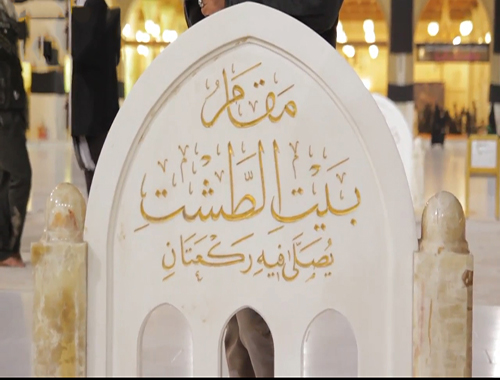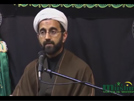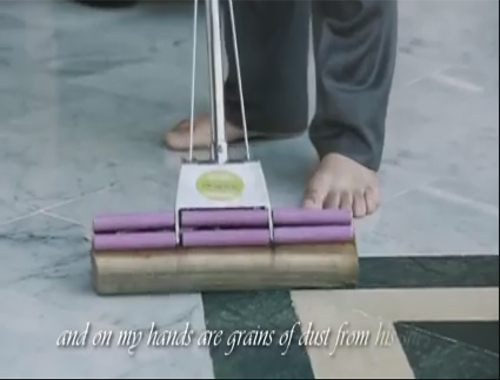5. After the Prophet
- Details
- Hits: 7110
5. After the Prophet
One of the darkest pages of Muslim history consists of the events which took place after the Prophet’s death. These events directly affected our Lady FÄtimatu ‘z-ZahrÄ (a.s.).
When Abu Bakr was installed as the caliph, members of the Prophet’s family and some companions refrained from pledging allegiance to him. This small group sought refuge with ‘AlÄ« inside his home. The supporter of the caliph, led by ‘Umar ibn KhattÄb, forcefully entered the house of ‘AlÄ« and brought the men out to the mosque where they were compelled to pledge allegiance to Abu Bakr. In the process of forcing the door open, they broke the door which fell upon FÄtimatu ‘z-ZahrÄ, injuring her severely and causing the loss of her unborn baby.
Fadak was a property in northern Arabia which the Prophet had gifted to FÄtimatu ‘z-ZahrÄ. But after his death, the caliphate establishment confiscated the property of Fadak. When FÄtima complained against this injustice, the caliph quoted an alleged saying of the Prophet that, “We the prophets do not leave anything as inheritance [for our children]; whatever we leave behind is charity.” FÄtima challenged the validity of this so-called hadÄ«th by reciting verses from the Qur’Än in which Allah describes how the children of past prophets inherited their fathers! However, political expediency took precedence over truth and honesty. This was the first attack on the rights of women in Islam, and FÄtimatu ‘z-ZahrÄ was the first Muslim woman to stand up for her rights.
FÄtima also stood by ‘AlÄ« in defending his right for the caliphate. ‘AlÄ« used to take her at night to the houses of the AnsÄr where she would address the women in support for ‘AlÄ«’s right to the caliphate.
The physical hurt of the door falling upon her and the loss of her unborn baby combined with the emotional pain of ‘AlÄ«’s deprivation and the confiscation of Fadak took its toll on FÄtimatu ‘z-ZahrÄ — she left this world at the age of 18.
‘AlÄ«, who had just lost the Prophet three months ago, also lost his faithful wife. These were the loneliest days for ‘AlÄ« bin Abi TÄlib. Hasan, Husayn, Zaynab and Umm Kulthum lost their loving and caring mother. And the Muslim world lost the best of all women.
* * *
This lesson has been written by Sayyid M. Rizvi.
Sources used for this lesson are: 1. BÄnu-e BanÅ«wÄn of Dar Rah-e Haq. 2. Sahih al-Bukhari. 3. FÄtimatu ‘z-ZahrÄ’ of S. M. Kazim al-Qazwini.











